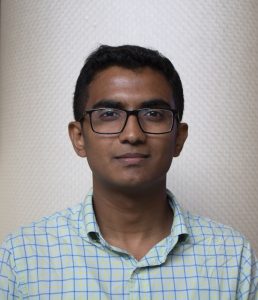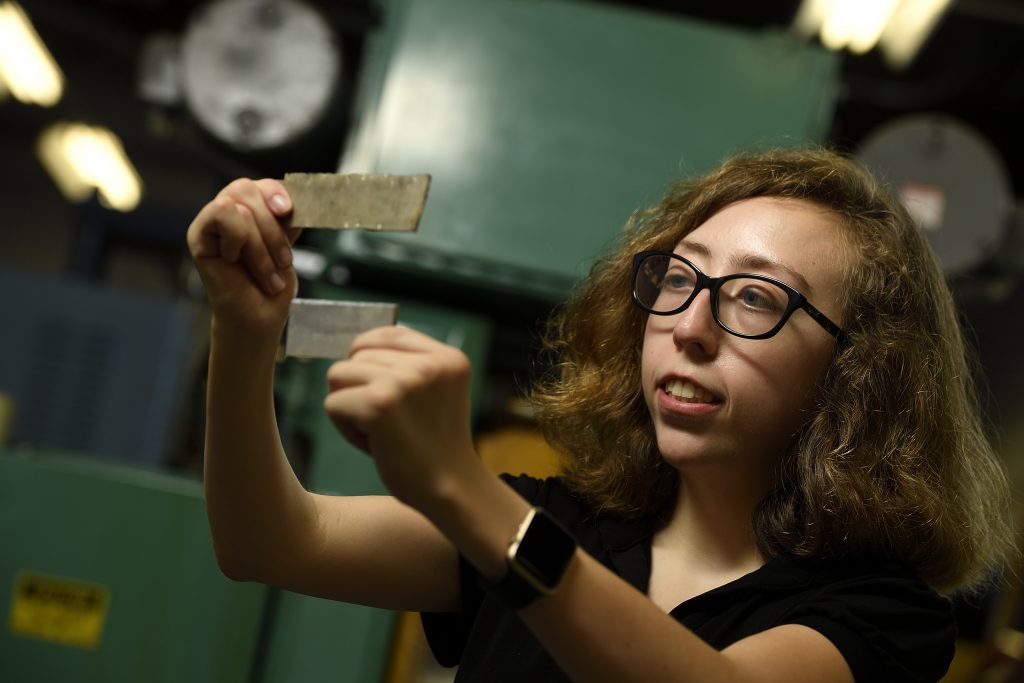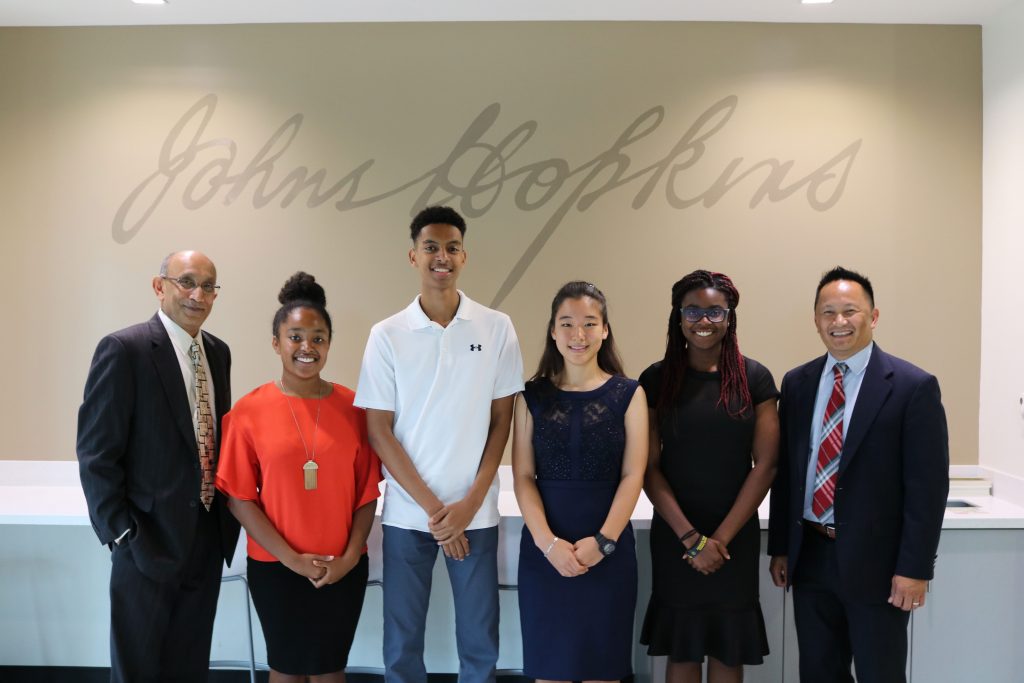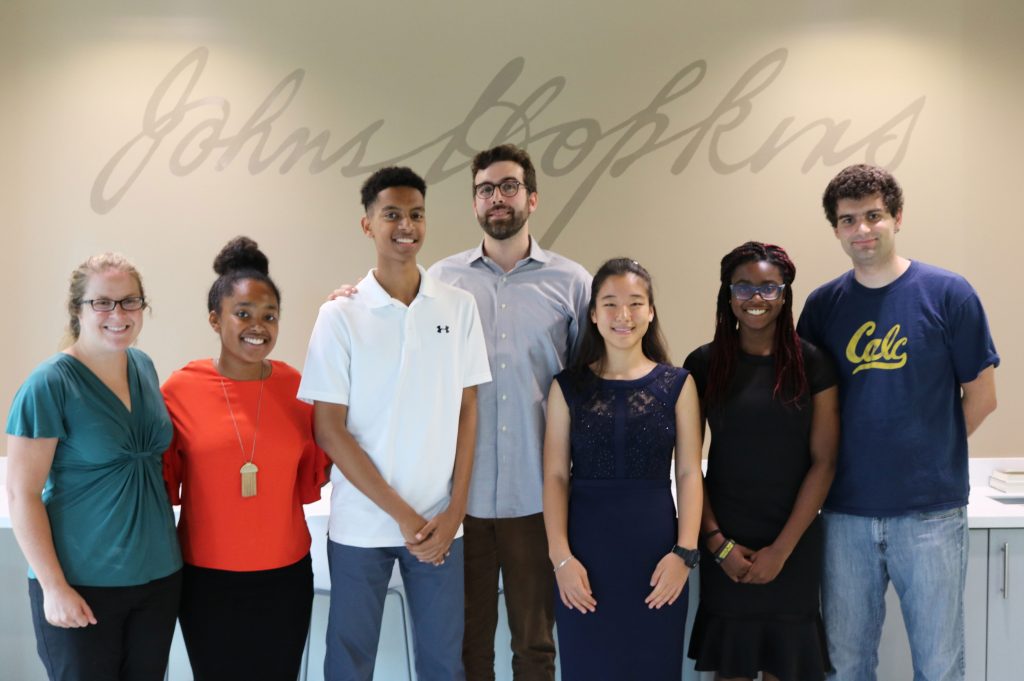Suhas Eswarappa Prameela, a graduate student in HEMI, has been published in Nature‘s “Why It Matters” section with a paper about the benefits of collaboration for young scholars.
In the paper, Prameela emphasizes the importance of collaboration, especially for graduate students and postdocs. Multi-PI (principal investigator) grants have seen an increase in funding as opposed to grants for single principal investigators. He highlights the Center for Materials in Extreme Dynamic Environments (CMEDE), a collaborative research alliance led by Johns Hopkins University and the Army Research Laboratory, as an example.
Prameela underscores the importance of being a part of a multi-PI project for students. From having the opportunity to work cohesively with others to engaging with a variety of scientists to exchange ideas, collaboration is crucial – and inter-university collaboration allows each student to enhance their professional network beyond their home university. He writes, “Large collaborative efforts like consortia can develop a workforce that sees the big picture and works across disciplines. These grand views can be very beneficial to students, helping to motivate collaborative efforts.”
The article was co-authored by K. T. Ramesh (HEMI Director, Alonzo G. Decker, Jr. Professor of Science and Engineering in the Department of Mechanical Engineering, with joint appointments in the Department of Earth and Planetary Sciences and the Department of Materials Science and Engineering) and Tim Weihs (HEMI Fellow, Director of the MSEE URA, and professor in Materials Science and Engineering).
Nature’s “Why It Matters” section features articles that discuss the applications of science, with topics ranging from the intersection of science and politics to mental health in research culture.
Click here to read the full article.








